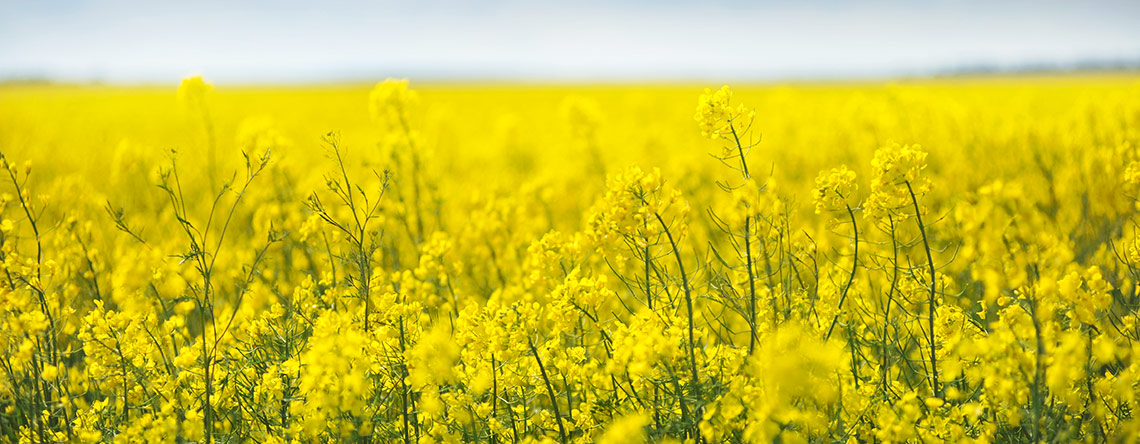The Canola Council of Canada is encouraging all canola growers in Western Canada to check their fields for clubroot after the recent discovery of a club-root infested field in northwest Saskatchewan and the expansion of the disease in Alberta.
Curtis Rempel, vice president of crop production and innovation for the Canola Council of Canada, says growers should dig up plants in all areas that show premature ripening and check a few random plants at each field entrance for galls on the roots.
“With early detection of the disease, the grower can implement measures to keep clubroot below yield-reducing levels for the long term and keep it from spreading across the whole farm,” he says.
Clubroot is a soil-borne disease that spreads with the movement of spore-infested soil. Producers are encouraged to clean dirt off machinery used in an infested field, ask custom applicators to clean out their equipment before using it in their fields, reduce tillage usage post-harvest and work in most-infected fields last.
Click here to read the full article from the Canola Council of Canada.
Related Articles
- Training Disruptions CAAR Members please be advised that upgrades to "Training to Do" will disrupt training on June 27 & 28. Upgrades to Training to Do will disrupt access the following days and times. Tuesday, June 27, 7:00 ...
- Saskatchewan Agri-Food Exports Up 75 Per Cent in Q1 The government of Saskatchewan reports that the province's agri-food exports are surging in 2023 to an estimated $6 billion in the first quarter of 2023, up 75 per cent from the same period in 2022. Leading Saskat...
- Stay current on the latest technologies and sustainable practices with ASA virtual event The Sustainable Agronomy Conference will provide Certified Crop Advisers (CCAs), Agri-Sales Professionals, and growers with the opportunity to more fully understand and implement sustainable agronomy in the field. ...
- 2022 Crop Market Outlook LeftField Commodity Research founder provides an overview of the 2022 Canadian crop market as a thank-you to joining CAAR as a Perk$ Partner. Standing front and centre in our fields, LeftField Commodity Research I...
- Field Crops Report for June 2021 According to statistics Canada, the results from the June 2021 Field Crop Survey conducted with 25,000 Canadian farmers showed that farmers planted more canola, barley, soybeans and lentils, but fewer acres of wheat,...
 How to resolve AdBlock issue?
How to resolve AdBlock issue? 


Join the discussion...
You must be logged in as a CAAR member to comment.
Report
My comments